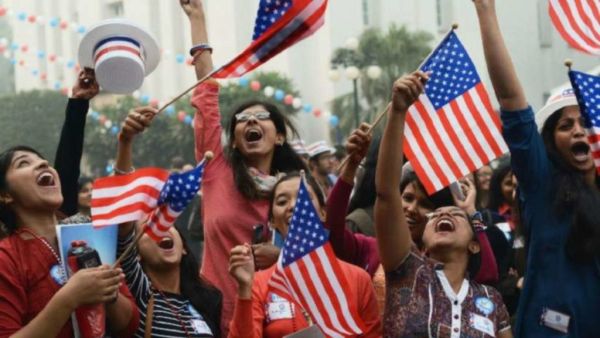
In a groundbreaking policy shift, the US government has begun allowing startup founders to self-sponsor their H-1B work visas. This move, implemented in early 2025, marks a transformative change in America’s immigration landscape and opens a direct path for foreign entrepreneurs to establish and grow companies without depending on a traditional employer.
Previously, the H-1B visa required an established employer to petition on behalf of the foreign worker. Now, startup founders who own at least 50 percent of a legally formed US business can sponsor themselves—provided they meet strict requirements. The goal is to fuel innovation, job creation, and economic opportunity by supporting entrepreneurs.
To self-sponsor an H-1B visa, startup founders must fulfill five key criteria:
Founders can hold H-1B status for an initial three years, renewable for another three. If pursuing a green card, further extensions may be granted under the AC21 Act. To qualify, entrepreneurs must have a pending or approved I-140 immigrant petition.
This shift empowers global talent to contribute to the US economy without bureaucratic hurdles. By unlocking self-sponsorship, the government aims to position America as a global destination for tech talent, job creators, and startup visionaries seeking a long-term future.